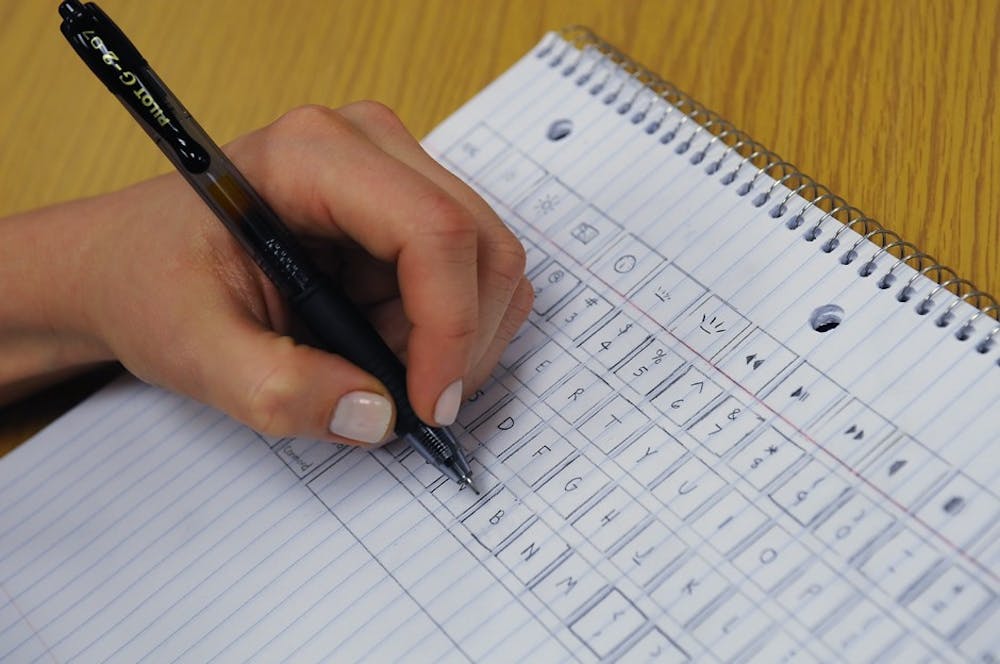The professors have caught on. “We all know what everyone is doing,” said Cinema Studies professor Timothy Corrigan. They know what students are using their laptops for in class.
Like many others, Corrigan is known for his anti-laptop policy. He cites the “obvious reason” that students with open laptops are often “chatting online and surfing the web.”
“You can look into their eyes and see they are elsewhere completely,” he said.
Wharton School Legal Studies professor Waheed Hussain agreed.
Hussain begins every semester, he said, by telling his class, “We’re going to spend time looking at important things — and it’s worth taking the time to separate yourself from all other conversations.”
And the distraction isn’t only through chatting and surfing. According to Marketing professor Catherine Mogilner, students without laptops can be distracted by those who chose to use them.
For English professor Anne Hall, students shouldn’t use laptops because she doesn’t want students to be “too busy writing” to contribute to discussions.
Although no-laptop policies are designed to help the student, teachers do find that they encounter some resistance. Mogilner noted that she frequently received “push-back” from students, and Hall’s laptop policy frequently caused initial confusion as to why such a policy would be beneficial. Students’ hesitancy to embrace no-laptop policies is mainly rooted in ease.
“Switching was difficult,” College freshman Jen Chaquette admitted. And although she eventually found benefits to manual note-taking, it was mainly the difficulty of handwritten notes that forced her to be a more selective note-taker.
For classes that require readings that are available online, students such as Matt Lee, a Wharton freshman, find that no-laptop policies can be “a hassle at times” when the assignments and readings become unreachable without a laptop.
According to Corrigan, laptops don’t suit his “way of teaching” because they form a barrier and prevent “the kind of interaction” that he tries to encourage in his classroom.
“There is a considerable lag time before [students] process the question” with a laptop present, Corrigan said.
Hussain accused laptops of “eroding” the class’ atmosphere and distracting students with the “temptation” to e-mail or to use Facebook. In his experience, “students themselves appreciate having a rule” against laptops, because it forces them to “focus on something important.”
On the whole, however, many laptop policies are not airtight — on purpose. Many believe that laptops do have their place for learning. Corrigan conceded that some students may need a laptop, while others benefit from a laptop-centered learning style. Computers can also be used as a learning tool, Hussain said. The no-laptop pedagogy is often based on the theory that students learn more without laptops.



